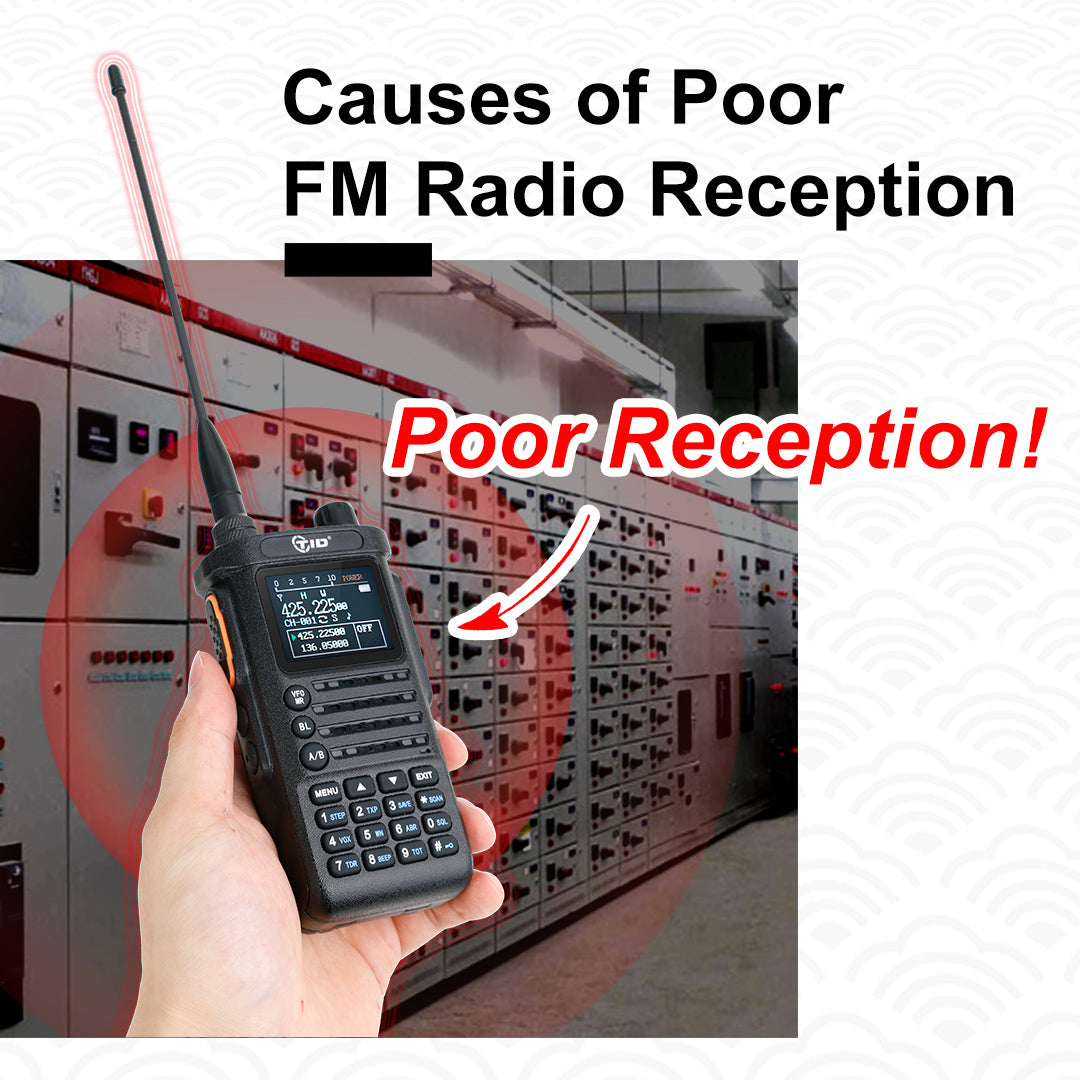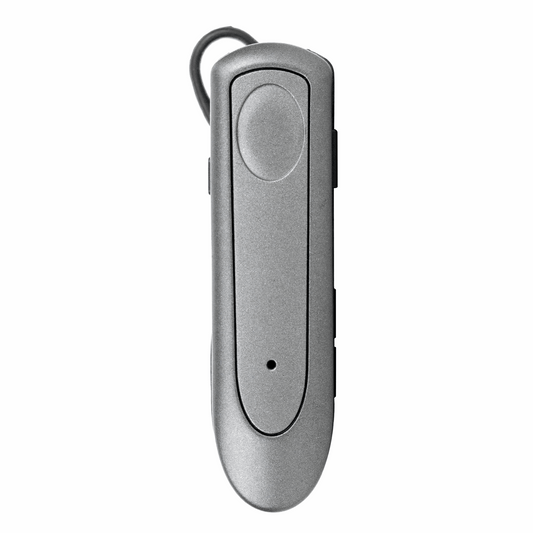
Causes of Poor FM Radio Reception
What causes bad radio reception? It’s often a process of elimination to find the cause. The following factors play a role in how clearly the signal comes in:
- Distance:
You may be too far from a station transmitter to receive a good signal. If you’re too close to a transmitter, the signal may overpower your radio.
- Stationary obstacles:
Perhaps the signal is affected by physical obstacles such as hills, buildings, and trees. Some home construction materials, such as stucco, concrete, and aluminum siding limit the effectiveness of indoor antennas. Since FM radio transmissions require line-of-sight reception, the curvature of the Earth can also block reception at very long distances.
- Moving or intermittent obstacles:
Interference from certain types of electrical equipment, cell towers, and airplanes can affect FM radio reception. When station frequencies are too close together, interference can also occur.
- Multipath interference:
If you live in a valley or an urban area with tall buildings, signals can bounce about and reach the antenna at different times, resulting in noise distortion.
- Antenna type:
If you have a directional antenna, it may not receive signals from multiple transmitter locations. On the other hand, if you have a multi-directional antenna, interference is more likely.
- Shared antenna:
The signal will lose strength if you have more than one radio connected to the same antenna via a splitter.





